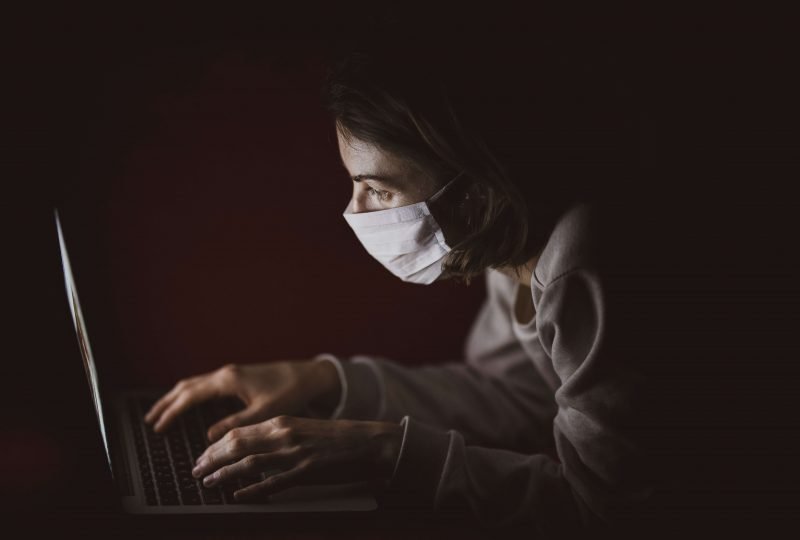Has Covid-19 changed us?
7 May 2020 | Written by La redazione
The new Coronavirus has changed our habits and our way of living social relationships: a survey by the Hacking Covid-19 group shows the psycho-social impact of the emergency.

72.3% of the population say they are very or extremely concerned about the spread of Covid-19. This is one of the data that emerges from the survey conducted by the Hacking Covid-19 group on the impact of the pandemic on people’s habits and sociability. Professionals from various fields, from psychology to marketing to communication, have combined forces and skills to investigate the consequences of what is, in all respects, a social, as well as health and economic, emergency.
Lockdown: between concern and opportunity. Although 72.3% of the interviewees are worried about the spread of the coronavirus, almost half of the sample sees an opportunity in the lockdown, with positive connotations too: habits have changed almost for everyone (94.3%), but some have managed to adapt better to this reality and to give it value, discovering new ways to carry out tasks and pastimes. To make a difference on the way in which the isolation was experienced, also, there are the dimensions and characteristics of the domestic environments, in addition of course to the quarantine companions.
Technology as a sharing tool. Compared to the perception of the sense of connection with their circle of affections and acquaintances during the lockdown, 47.7% say they have not noticed any change, while 43.6% report having experienced greater depth within their relationships. Maintaining social contact was made possible by the massive use of technological tools, which 92.5% of the sample used. In particular, 84.3% of the interviewees who use video calls, both to communicate in the workplace and with their loved ones, stand out.
In general, during the lockdown we shared more thoughts and emotions, and about 70% of the sample discussed daily news through digital channels.
Cross data. As already pointed out, however, data alone is not enough. It is necessary to analyze and cross them, to extract some evidence. This was also done on this occasion, as Chiara Maggio explains, who, together with Mario Bini, coordinated the study. “The data that emerged from the survey refer to a panorama that is constantly changing and, already now, has assumed different psycho-social characteristics – he told us – it is therefore important to persistently monitor the trend of the needs and difficulties of the population for to be able to better respond to your requests for help, producing content and directing the intervention of mental health professionals”.
The survey involved over 1,100 people, a sample heterogeneous by age, gender, area of residence and professional employment, to which a questionnaire consisting of 38 questions was submitted, divided into four thematic areas: perception of the moment, direct impact on everyday life, sharing the moment and socio-demographic evidence.





